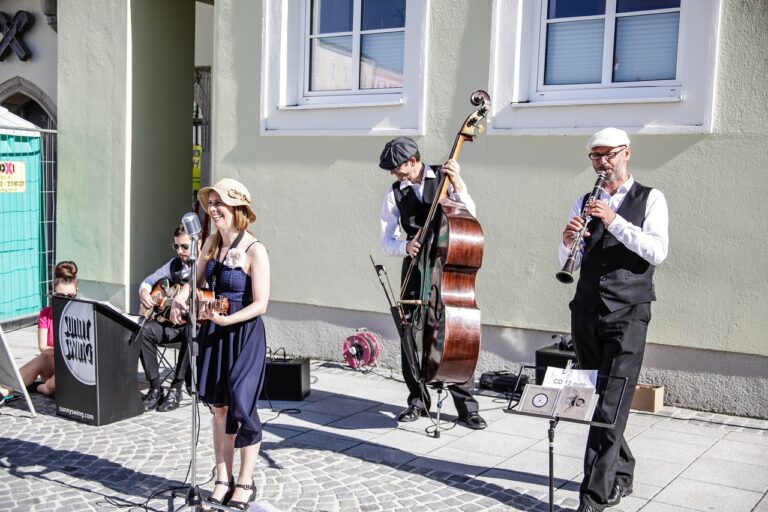Examining the Globalization of Cultural Festivals: All pannel.com, Laser247.com, Betbook247
all pannel.com, laser247.com, betbook247: Globalization has been a hot topic in recent years, with the world becoming more interconnected than ever before. One interesting aspect of globalization is the spread of cultural festivals around the globe. These unique events showcase the traditions, customs, and heritage of different countries and regions, providing a platform for cultural exchange and understanding. Let’s delve deeper into examining the globalization of cultural festivals.
Origins of Cultural Festivals
Cultural festivals have been around for centuries, originating as a way for communities to celebrate their heritage and traditions. These events often revolve around religious holidays, harvest seasons, or significant historical events. Over time, cultural festivals have evolved into large-scale events that attract both locals and tourists alike. They offer an opportunity to showcase the unique aspects of a culture, from food and music to dance and art.
The Globalization of Cultural Festivals
In recent years, cultural festivals have transcended borders and spread across the world. Thanks to advancements in technology and increased travel opportunities, people from different countries can now experience and participate in a wide range of cultural events. From the Carnival in Rio de Janeiro to Oktoberfest in Munich, these festivals have become global phenomena, attracting millions of visitors each year.
Impact of Globalization on Cultural Festivals
While the globalization of cultural festivals has its benefits, it also raises questions about the authenticity and preservation of cultural traditions. As these events become more commercialized and mainstream, there is a risk of diluting the original meaning and purpose behind them. Critics argue that some cultural festivals have become more about profit and entertainment rather than celebrating heritage and identity.
Furthermore, the homogenization of cultural festivals can lead to a loss of diversity and uniqueness. As different traditions merge and adapt to appeal to a global audience, there is a danger of losing the distinctiveness that makes each culture special. It is essential to strike a balance between sharing traditions with the world and preserving their authenticity and heritage.
Future of Cultural Festivals
Despite these challenges, the future of cultural festivals looks promising. As technology continues to advance, it becomes easier for people to connect and experience different cultures from the comfort of their homes. Virtual events and live streaming have made it possible for anyone, anywhere to participate in cultural festivals around the world.
FAQs
1. Are cultural festivals only for locals?
Cultural festivals are open to everyone, regardless of their background or nationality. These events are meant to be inclusive and promote cross-cultural understanding.
2. How can I participate in a cultural festival?
You can participate in a cultural festival by attending in person or joining virtual events online. Check the festival’s official website for more information on how to get involved.
In conclusion, the globalization of cultural festivals presents both challenges and opportunities for preserving and sharing cultural traditions. By embracing diversity and promoting cultural exchange, these events can continue to thrive and bridge the gap between different cultures and societies.







